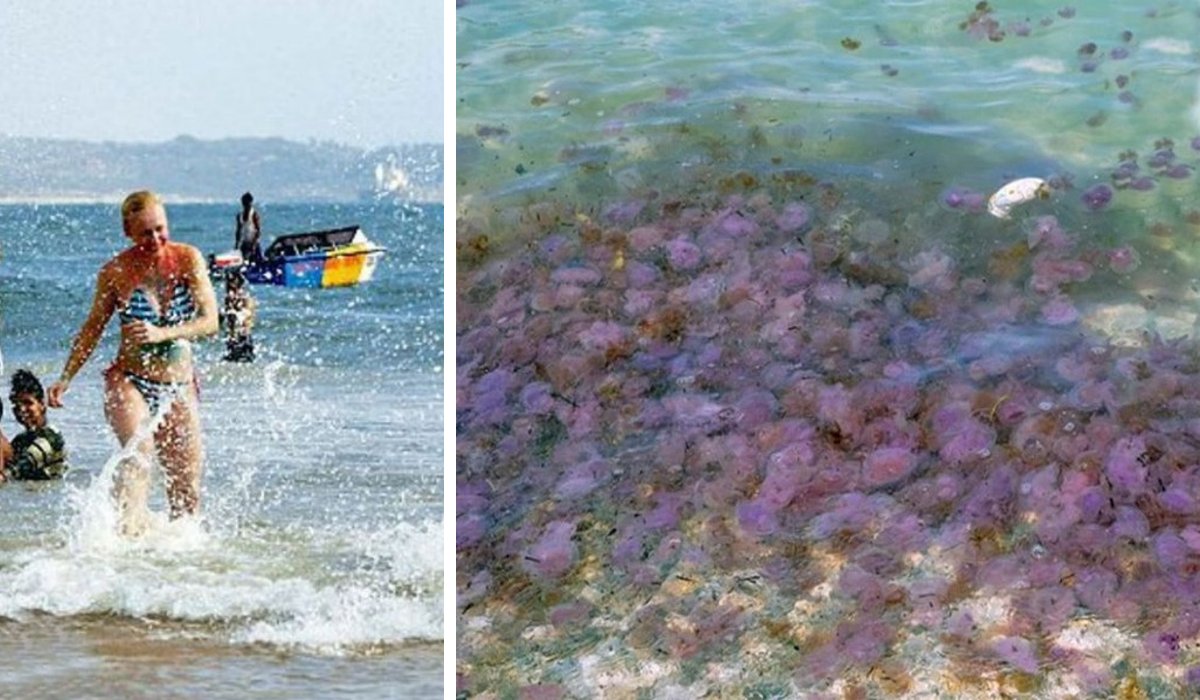Tourists were warned about the need to exercise caution when vacationing in Mediterranean resorts due to the invasion of deadly jellyfish. Earlier they were seen on the coast of Turkey, but now on the beaches of Spain. Tourists find it difficult to enter the water, but it is expected that there will be even more animals in the summer. Biologist Jesus Bellido told the Spanish media about this.
According to the expert, vacationers should be especially vigilant when swimming in the sea at popular resorts, because this season jellyfish “are expected more than usual.” “The appearance of these creatures is due to climatic factors. The current warm sea creates several ideal conditions for the high presence of jellyfish in the Alboran Sea (the westernmost sea in the Mediterranean Sea, located directly in front of the Strait of Gibraltar). Therefore, depending on winds and currents, jellyfish will move to the coast, “said the biologist.
Although many jellyfish can sting easily, some are deadly to tourists. The specialist reminded the rules of conduct after meeting with a jellyfish:
- Get out of the water.
- Any remaining tentacles should be removed with tweezers or a clean stick – and gloves should be worn.
- Treat the affected area not with water but with a special solution. Because some alkaline jellyfish bites can be treated with vinegar. The household solution helps prevent further isolation of nematocysts from jellyfish, which are found in tropical areas. However, it does not relieve the pain of the poison that has already been injected.
- Apply a thermal compress to reduce pain and inflammation.
- Reduce pain and swelling with painkillers such as paracetamol and ibuprofen.
- See a doctor.
However, the advice of some tourists urinate in the affected area, and the biologist recommended to refrain, as urine can cause skin burns.

